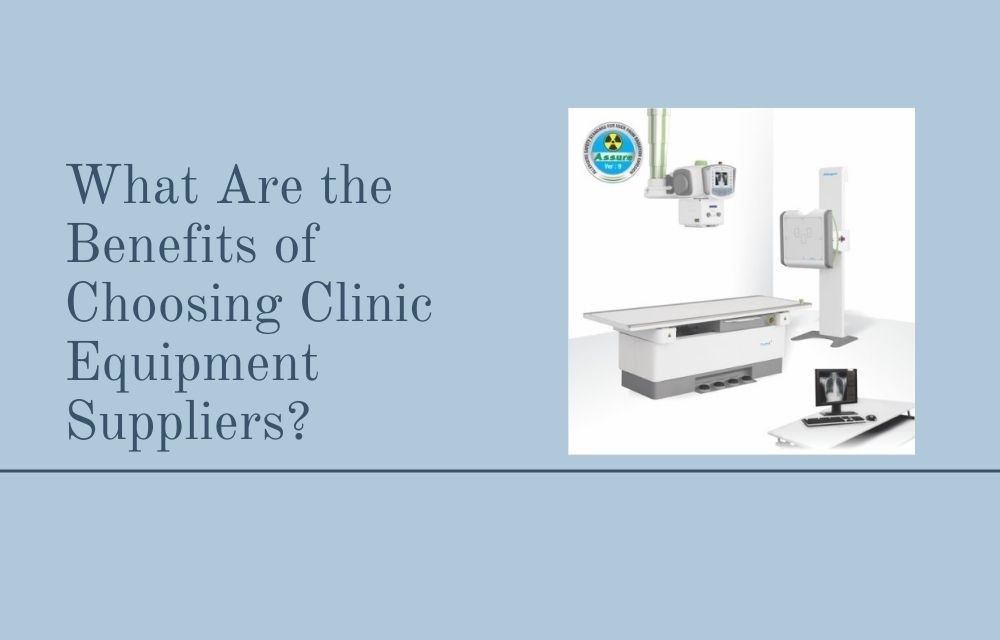High-Density Polyethylene (HDPE) sheets are notorious for their strength, durability, and versatility, making them an ideal material for countless applications across various industries. When choosing the right HDPE sheet for your business needs, it’s essential to understand the unique properties of these polyethylene high-density sheets and how they can cater to different requirements. This article will guide you through the factors you should consider when selecting an HDPE sheet, ensuring that you make the best decision for your business. We will also highlight the offerings from reputable suppliers, particularly Mahira Polyglobal LLP.
What are HDPE Sheets?
High-Density Polyethylene sheets, commonly referred to as High Density Plastic Sheets, are engineered from a thermoplastic polymer known for its high strength-to-density ratio. Compared to other plastic materials, HDPE exhibits several advantageous properties, including excellent impact resistance, chemical resistance, moisture impermeability, and UV stability. HDPE sheets are available in various thicknesses, colors, and surfaces, which allows businesses to find tailored specifications for their needs.
Key Considerations When Choosing HDPE Sheets
1. Application Requirements
The first consideration should be the specific application for which you need HDPE sheets. Different applications may require different properties. For instance:
- Chemical Resistance: If the Polyethylene High-Density Sheet will be used for chemical storage or processing, ensure it’s resistant to the specific chemicals involved. HDPE sheets are generally resistant to acids, bases, and solvents, but verifying compatibility with specific substances is essential.
- Physical Stress: If the application involves high mechanical loads, you might need thicker sheets that can withstand breaking, bending, or warping under stress.
- Environmental Conditions: Consider where the HDPE sheet will be used. Will it be exposed to extreme temperatures, UV radiation, or moisture? Choosing UV-stabilized sheets can ensure longevity in outdoor applications.
2. Thickness and Size
HDPE sheets come in various thicknesses, typically ranging from 1/16 inch to several inches. The appropriate thickness will depend on your specific application as follows:
- Thin Sheets (Up to 1/4 inch): Suitable for applications like signage, crafting, and low-stress environments.
- Medium Sheets (1/4 to 1/2 inch): Ideal for general-purpose use, such as in furniture construction, cases, and lightweight agricultural applications.
- Thick Sheets (More than 1/2 inch): Required for heavy-duty applications, such as industrial flooring, protective barriers, or structural components.
Having the correct size is equally crucial. Standard sheet sizes usually range from 4’ x 8’ to 5’ x 12’, but custom dimensions may be available depending on the supplier.
3. Surface Finish
HDPE sheets can come with different surface finishes. You may choose between smooth, textured, or matte finishes depending on your needs:
- Smooth Finish: Easier to clean, ideal for food processing and medical applications.
- Textured Finish: Provides better grip and slip resistance, making it suitable for outdoor decking and stair treads.
Different finishes can enhance performance based on specific industry requirements. For example, textured sheets might be beneficial in areas that experience foot traffic.
4. Color and Customization
The color of HDPE sheets can also play a functional role, particularly in branding or visibility. High density polyethylene sheets are often available in a variety of colors. You may also find translucent options for applications requiring light transmission.
Customization options might also include thickness, dimensions, and surface textures. Working closely with your supplier allows you to tailor sheets specifically to your application.
5. Cost
While cost shouldn’t be the only deciding factor, it is an important consideration. Given the High Density Polyethylene Sheets can vary significantly based on thickness, size, and color, understanding your budget is crucial. In most cases, a balance must be struck between quality and price; cheaper sheets may lead to higher replacement costs over time.
Mahira Polyglobal LLP is a reliable supplier providing competitive pricing for high density polyethylene sheets without compromising on quality. Reaching out to them for a quote can help streamline your budgeting process.
6. Supplier Reputation
Choosing a reputable supplier is essential to ensure you receive high-quality HDPE sheets. Look for suppliers like Mahira Polyglobal LLP, a well-known name in the industry, specializing in high-density polyethylene sheets. They offer various products and prioritize quality assurance and customer service, making them a trusted partner for your procurement needs.
Consider customer reviews and product certifications as indicators of the supplier’s reliability. A good supplier will be transparent about material specifications and provide assistance in selecting the right product for your needs.
7. Compliance and Certifications
Depending on your business’s industry, complying with safety and regulatory standards is essential. HDPE sheets may require specific certifications indicating their suitability for food contact, medical use, or environmental friendliness. Always ask potential suppliers for compliance documentation to ensure that the HDPE sheets meet applicable regulations.
Applications of HDPE Sheets
The diverse applications of HDPE sheets highlight their versatility:
- Food Industry: Utilized for cutting boards, storage containers, and countertops, owing to their non-porous nature that resists bacteria and stains.
- Construction: Used for vapor barriers, wall coverings, and bulkheads due to their excellent moisture resistance and strength.
- Marine: Ideal for docking systems, marinas, and aquatic structures due to their UV resistance and capacity to withstand water exposure.
- Agriculture: Used as liners for ponds, water tanks, greenhouse covers, and protective barriers in agricultural applications.
Conclusion
Selecting the right HDPE sheet for your business needs involves considering various factors such as application requirements, thickness, surface finish, cost, and supplier reputation. By understanding your specific needs and the properties of high density polyethylene sheets, you can make an informed decision that will benefit your operations. Partnering with a trusted supplier like Mahira Polyglobal LLP ensures you have access to high-quality products tailored to your requirements, ultimately enhancing your business’s efficiency and performance. Whether you are looking for sheets for industrial use or home improvement projects, HDPE sheets offer a versatile solution for various applications.
FAQs about HDPE Sheets
1. What is HDPE?
HDPE stands for High-Density Polyethylene, which is a thermoplastic polymer known for its strength, durability, and resistance to chemicals and moisture.
2. What are the typical applications for HDPE sheets?
HDPE sheets are used in various applications, including food processing, construction, marine environments, agricultural liners, and industrial applications.
3. Are HDPE sheets safe for food contact?
Yes, many high density polyethylene sheets are non-toxic and safe for food contact applications, making them ideal for use in kitchens and food storage.
4. How do I know which thickness is appropriate for my needs?
The appropriate thickness depends on the application. Thin sheets may suffice for light use, while thicker sheets are necessary for industrial applications with heavy loads or high wear.
5. Can HDPE sheets be customized?
Yes, HDPE sheets can often be customized in terms of thickness, color, surface finish, and size. Check with your supplier for available options.
6. Where can I purchase HDPE sheets?
HDPE sheets can be purchased from various suppliers, with Mahira Polyglobal LLP being a reputable choice known for quality products and reliable service.




